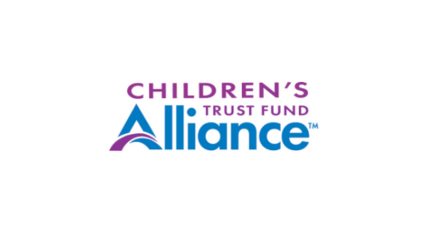Why this Topic Matters to Us
Medicaid and Medicare are critical to the health and stability of families touched by child welfare. Medicaid provides coverage for nearly every child in foster care, supports parents working toward reunification, and ensures young people who age out stay covered until age 26. Medicare is essential for many older kinship caregivers and for youth/adults with disabilities who qualify.
Together, these programs make sure children, youth, parents, and caregivers can get the care they need:
- Youth in foster care rely on Medicaid for physical, mental, and behavioral health needs.
- Parents need coverage to access treatment, prenatal care, and recovery supports that help keep their families together.
- Kinship and relative caregivers often step in unexpectedly and must navigate complex systems to ensure children receive care. They also may
Foster parents need clear guidance on how to use Medicaid for the children they care for.
Removing barriers for children and families to access the healthcare they need can reduce stress, promote stability, and help families thrive.
In 2023, about 187,000 children entered foster care, and 99% qualified for health coverage through Medicaid.
(AFCARS 2023)
18,000 young people age out of foster care each year, but less than half know they can stay on Medicaid until age 26.
(AFCARS 2023)
2.5 million grandparents raise grandchildren, and many count on Medicare for their own care.
(Generations United 2023)
Learn from Lived Experience
"Having that health insurance through Medicaid created a reliable foundation for me to advance into adulthood. For young people like me, being able to take care of our health can be the difference between life and death.”
— Zoe Jones- Walton, 4 years in Texas foster care system



